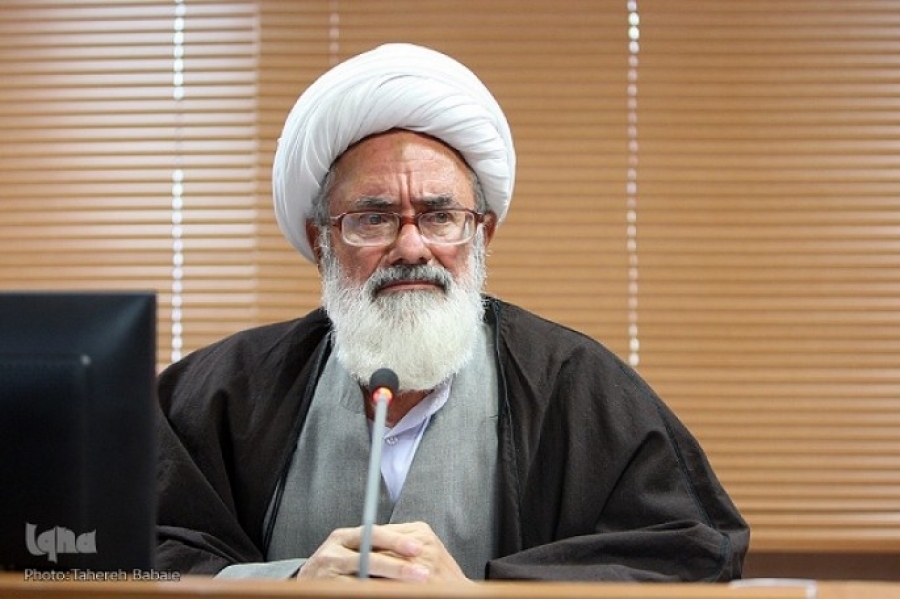Scholar: Quran Speaks to All, But Reaching Deeper Meaning Requires Expertise

Speaking to IQNA, Sheikh Jafariniya described the Quran as a “multi-dimensional” text, emphasizing its accessibility at different intellectual and spiritual levels.
This layered nature allows people to benefit from the Quran based on their individual capacity, said Jafariniya who has authored a Quran interpretation in Persian titled Kawthar.
“The Quran has been revealed in a way that allows everyone to draw from it according to their existential ability,” he said. “At the basic level, the general public can read and act upon its verses without needing to consult experts.”
However, he added that deeper interpretations of the Quran do require scholarly guidance. “Understanding the Quran is not difficult for the general public, and there's no need to know Arabic or attend religious seminary to benefit from it,” Jafariniya said. “But if we seek to extract higher meanings and deeper knowledge, we naturally need specialists and interpreters.”
Read More:
He also addressed the relationship between Islamic jurisprudence (fiqh) and the Quran, noting that while the holy text contains some legal rulings, it often presents them in general terms.
“There are only a limited number of verses in the Quran that deal directly with legal rulings, and even those are general,” he explained. “For example, the Quran says, ‘Establish prayer’, but it does not mention the number of rakaats for each prayer or the detailed rulings. These specifics come from hadith.”
Jafariniya stressed that this was intentional. “The Quran has left the explanation of details to the Holy Prophet (PBUH),” he said, referencing verse 44 of Surah An-Nahl: “We have sent down the reminder to you so that you may clarify for the people that which has been sent down to them, so that they may reflect.”
This verse, he noted, affirms Prophet Muhammad’s (PBUH) role in interpreting and clarifying the Quran’s guidance.
Read More:
In defending the reliance of Islamic scholars on hadith literature, he rejected the notion that jurists overlook the Quran. “It’s not that our scholars ignore Quranic verses. The Quran itself commands us to follow the Prophet (PBUH), as in: “Take whatever the Apostle gives you” (Surah Al-Hashr, verse 7). So when scholars rely on hadiths, they are actually following Quranic instruction,” he said.
Jafariniya acknowledged that some may feel the Quran has been marginalized in daily practice, but argued that this issue is mostly seen among the general public. “Among scholars, the Quran has never been abandoned,” he said.
4275192
Translation by Mohammad Ali Haqshenas



